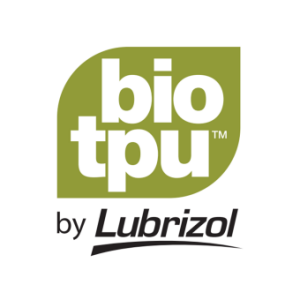
TotalEnergies Corbion
TotalEnergies Corbion is a global leader in driving sustainable innovation of Poly Lactic Acid (PLA), reducing carbon footprints while fostering circularity. The biobased nature and compostability of our PLA means it has a lower carbon footprint while also contributing to the circular economy through mechanical and chemical recycling.






